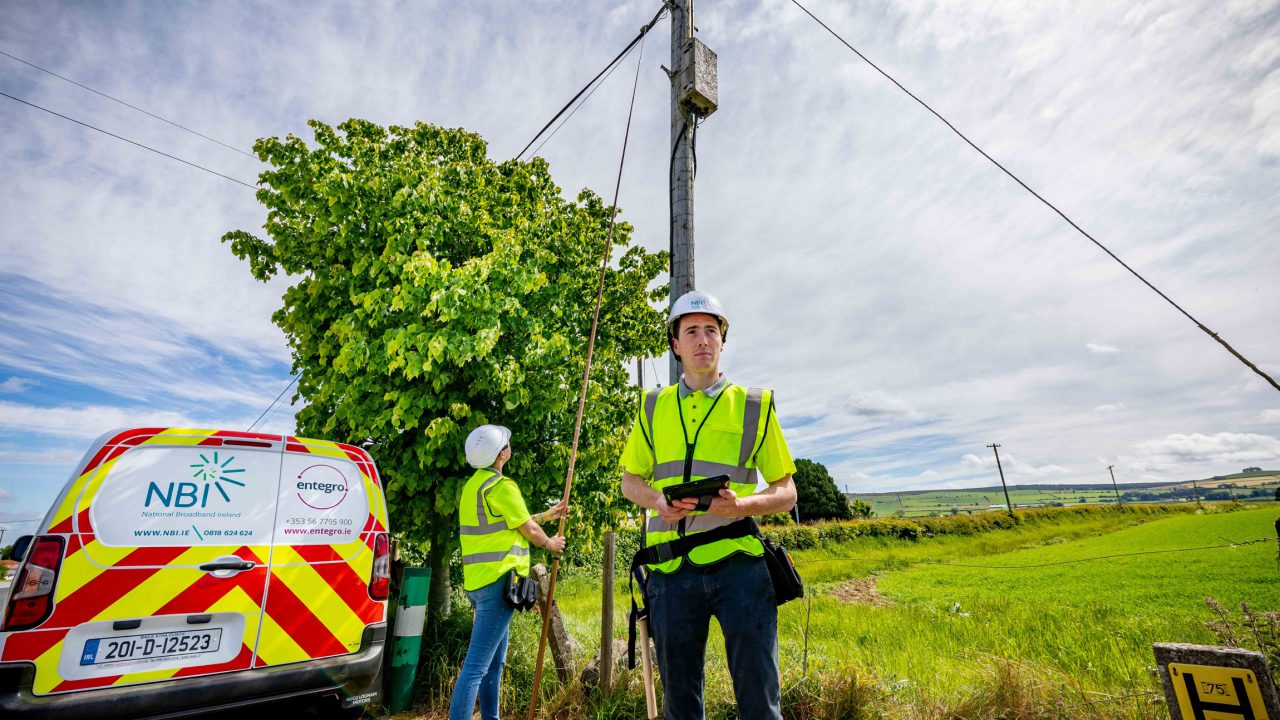More than 1 in 4 private sector employees in this country are capable of working remotely and the development of co-working hubs with high speed broadband has the potential to open up economic and environmental opportunities and stimulate inclusive recovery in the regions, a new report has found.
The regional co-working analysis, which was prepared by the three regional assemblies of Ireland, found that 387,000 private sector workers are capable of operating remotely, with just over 186,000 likely to be based in Dublin as of quarter 2, 2020.
Of the 387,000 or 27.4% of private sector workers capable of operating remotely in the analysis carried out earlier this year:
- 65.5% or 253,600 were based in the eastern and midland region;
- 23.6% or 91,300 were in the southern region;
- 10.9% or 42,100 were in the northern and western region.
As a share of total employment across the public and private sectors in the eastern and midland region, private sector employees who were living in the area and capable of operating remotely accounted for 22.3% of all workers within the region.
The corresponding ratios for the southern region and the northern and western region were 12.8% and 11.3% respectively.
Among its eight considerations for policymakers are the safeguarding of funding for the national broadband plan to allow for the delivery of up to 300 broadband connection points across Ireland, providing remote working opportunities in rural communities.
The 34-page report from the three assemblies charged with regional planning establishes an evidence-based approach to growing remote working. The findings will inform policymakers of the next steps needed to deliver additional co-working hubs, in line with their spatial and economic objectives.
Pandemic profound effect
Economist with the three regional assemblies of Ireland, John Daly, said the outbreak of Covid-19 has had a profound impact on all working environments.
With remote working very much becoming part of normal working patterns in certain sectors, it is clear that such changes have the potential to open up an array of economic and environmental opportunities for all of our regions.
“By supporting remote working, policymakers could help provide a wider range of options for workers and open opportunities for business solutions,” said the Clare man.
“These include: allowing some workers to live and work in geographical areas of their own choice; reducing business costs associated with commercial properties, staff retention and well-being benefits; access to a greater pool of applicants and talent; increasing productivity; reducing traffic congestion; enhancing quality of life and family time; and reducing the level of greenhouse gas emissions from car usage,” he said.
“From a strategic perspective, the ability of policymakers to utilise the potential benefits of remote working will also be a key factor in ensuring the vision and objectives of each assembly’s regional spatial and economic strategy (RSES) can be implemented, allowing for effective economic development to be achieved across Ireland.”
The areas of consideration for policymakers include detailed consultation with private firms in sectors capable of operating remotely, seeking their views on factors that need to be addressed to allow employees to work from co-working hubs on a permanent basis.
Nationwide survey
It also suggests a nationwide survey be carried out on the current capacity of co-working hubs – both privately and publicly owned – in consultation with the Department of Enterprise, Trade and Employment, Enterprise Ireland, the regional assemblies of Ireland and the local enterprise offices.
The regional co-working analysis proposes a nationwide survey that identifies the ideal work location of private sector workers whose jobs are considered to be remote workable, while simultaneously identifying the up-to-date habits of commuters with these jobs.
The joint analysis suggests exploring the possibility of providing employers with a tax credit for every employee allowed to operate outside of its own head office in this country, as a means of encouraging private firms to let employees work in locations of their choice.
Resources from the European regional development fund for such works should also be considered, it said.
The local authorities with the highest number of private sector workers capable of operating remotely were likely to be in Dublin city (84,702 remote workable private sector workers); Dún Laoghaire-Rathdown (39,982); Fingal (34,178); Cork county (29,074); South Dublin (27,614); Kildare (18,475); Meath (14,659); Wicklow (12,887); Limerick city and county (10,555); and Cork city (10,333).
Local authorities identified as being likely to have the next highest number of private sector workers capable of remote working included: Galway county (9,739); Louth (8,478); Donegal (8,001); Wexford (7,163); Kerry (6,775); Galway city (6,620); Tipperary (6,396); Clare (6,350); Kilkenny (6,061); Waterford city and county (5,761); and Mayo (5,043).
